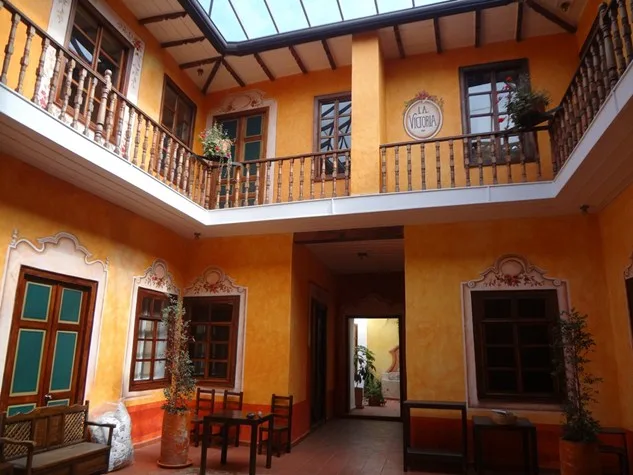U.S. expats are also at risk of Trump’s immigration policy revisions
Three members of the Mexican Congress have an answer to U.S. President Donald Trump’s funding plan for his wall on the southern U.S. border.
 If Trump applies taxes to Mexican imports to the U.S. or to remittances sent home by Mexicans living in the U.S., the congressmen say they will introduce legislation to confiscate property owned by U.S. citizens in Mexico. A less draconian option, they say, is to attach liens to the property to repay the government for losses from the Trump taxes.
If Trump applies taxes to Mexican imports to the U.S. or to remittances sent home by Mexicans living in the U.S., the congressmen say they will introduce legislation to confiscate property owned by U.S. citizens in Mexico. A less draconian option, they say, is to attach liens to the property to repay the government for losses from the Trump taxes.
U.S. citizens — not counting U.S.-based corporations — own an estimated $20 billion in Mexican real estate.
On Saturday, one of the Congressmen said the measures could also be applied if Mexicans living in the U.S. are “treated badly” as a result of new immigration policies. He suggested that the Mexican government could review the immigration status of all U.S. citizens living in Mexico, estimated to be between 600,000 and 800,000.

About 8,000 U.S. expats live in San Miguel de Allende.
The news of the past week has offered voluminous coverage of the impact immigration changes will have on foreigners living in the U.S., both those with visas and those without. Entirely off the radar, however, is the impact those changes could have on U.S. expats, particularly those living in Latin America.
There are good reasons for the U.S. to revise its immigration policies and there is nothing wrong with Trump moving forcefully to make changes. Other recent administrations have dodged and jerry-rigged the policies for generations.
On the other hand, Trump’s bungled executive orders are nothing more than a PR freak show. What we have is the Trump Doughboy galumphing across the international media stage, dancing an idiot’s jig, waving his orders in air as holy writ. Although judges have already reversed parts of the orders and more reversals will certainly follow, the uproar they have stirred is only a precursor of what’s to come.
There will be bad blood and it will affect expats.
Of expats living in Latin America, those in Mexico certainly have the most to fear. If taxes are applied that damage the Mexican economy, and if hundreds of thousands of Mexican nationals are deported from the U.S., it is inevitable that U.S. citizens living in Mexico will become a major issue. Whether they will be subject to new immigration standards and costs or just to the anger of locals hurt by U.S. policy, remains to be seen.
See “Expats in Mexico: Will we be Thrown Out”
Expats in Ecuador are in far better shape than their Mexican brethren and are far less likely to become pawns in geopolitical gamesmanship. Besides residing in small, largely insignificant country that doesn’t share a border with the U.S., their host government is probably the world’s biggest proponent of “international citizenship.” President Rafael Correa has spent the last two weeks at the United Nations and in Europe promoting the concept of a world without borders. On Saturday, he signed what is arguably the world’s most liberal immigration law. For refugees, expats and others living away from their homeland, it is good news.
Although Ecuador expats will face anger and resentment from their neighbors as immigration rules are toughened, it will be mild in comparison to that felt by expats in Mexico. As Ecuador’s foreign minister points out, the vast majority of Ecuadorians in the U.S. live in “sanctuary” states and cities that offer a higher degree of security from new federal policies. Although Trump has signed an executive order to freeze funding to sanctuary governments, the issue will be in court for years (click here, to read more).
It will be weeks, probably months, before the full extent of Trump’s immigration changes are known and it is foolish to speculate on their full impact on expats. Suffice it to say that there will be an impact.
_________________



















